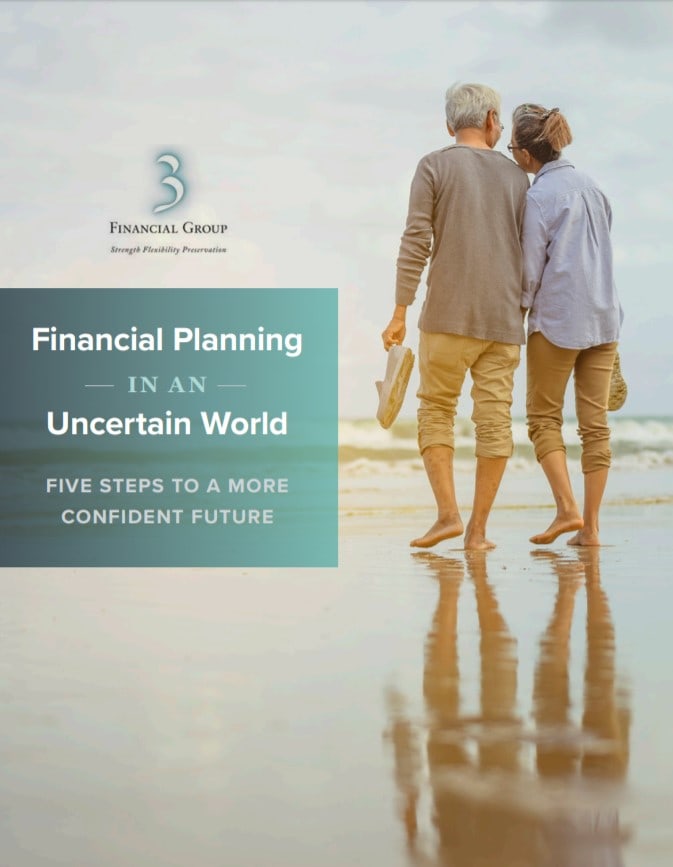A Reliable Forecast for 2019
Before I get into my market forecast for 2019, I want you to consider why forecasts are so alluring to investors like ourselves. What is the force that influences us to make decisions based on forecasts? There is ample evidence that expert forecasts are correct only half of the time, yet we are still attracted to them. A flip of the coin would be just as accurate. So why do we continually rely on them?
You may not be able to put your finger on it because our attraction to forecasts is largely subconscious. It boils down to how the brain likes to operate. Our brain is a planning machine; it finds much contentment and peace in being able to plan. When we don’t know what the future holds, we can’t plan with certainty. This bothers the brain. So it, subconsciously, seeks for some sort of certainty. And forecasts, especially confident ones, provide an illusion of certainty.
We are subconsciously attracted to forecasts even though we consciously recognize that forecasts historically have not been very accurate. We fix this problem by giving greater weight to forecasts that (1) confirm what we want to happen (2) are more confident than others. But these don’t improve the accuracy, just our perception of accuracy.
My Forecast
I am quite confident in my forecast for 2019. To be fair, it was the same forecast I had for 2018 and will likely be the same forecast in future years. Why wouldn’t I keep it the same…it has an overall accuracy very close to 100%.
- The economy/market will do something that surprises us
- Investors who watch the market often will experience more stress and greater unhappiness than those that don’t
- No one will be able to predict what will happen perfectly, but it will all seem obvious in hindsight
- You will be tempted to abandon your plan at some point based on expert forecasts and/or short-term market performance
- Investors that focus on those things they can control (i.e. your reaction) will have a better investment experience than those that focus on what they can’t control nor predict (i.e. What’s XYZ going to do?)
- Investors who abandon their plan to chase a “winning investment” or “sure thing” will have lower long-term returns than investors who stick with their plan
You may be frustrated that my forecast doesn’t say anything about where the market will go or what sector to invest in. Sorry to disappoint. But understand that in my years of advising clients, I have learned that the best results are obtained by those who have the discipline to ignore the distractions and stick with the plan we have developed.
I wish you all a prosperous, fulfilling and happy 2019. Thank you for allowing me to be your trusted partner along the journey.
(c) 2018 The Behavioral Finance Network. Used with permission.


